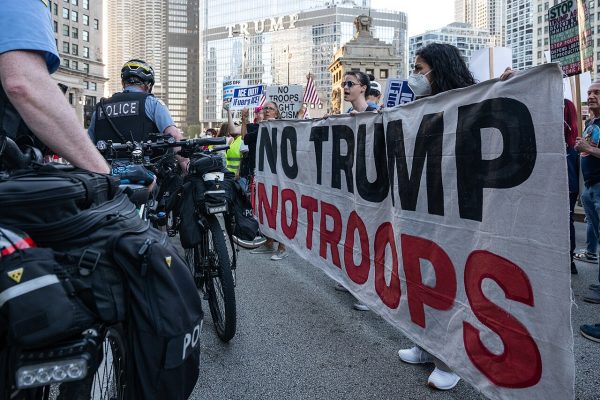COVID-19: The Perfect Disguise for Power Politics
A crisis of politics—or rather, the politics of a crisis.
These past few months have been an emotional time for just about everyone. Families are grieving loved ones lost to the pandemic, health care workers are putting their lives on the line treating the sick and people all over the world are persevering, six feet apart, in ways we never thought possible.
At the same time, the pandemic’s terrifying path of destruction has already claimed orderly diplomacy and thriving economies among its casualties. But these were some of its first victims, and certainly among its most conspicuous.
The politicization of the pandemic, for instance, is easily critiqued where it’s obvious but startlingly underanalyzed where it’s not. Coverage of increasingly draconian rule around the world is highly individualized, when in fact the concern should be global. We are witnessing a massive mobilization of executive power as leaders—not one or two, here and there—leaders almost everywhere consolidate authority with frightening impunity.
In the Philippines, President Rodrigo Duterte landed emergency poers allowing him, in part, to silence unfavorable news coverage and coerce local governments at will. In Israel, Prime Minister Benjamin Netayahu’s justice minister suspended most state courts, conveniently delaying by months even the pending charges of corruption against the prime minister himself. In Bolivia, interim President Jeanine Añez is using charges of “disinformation” to justify arrests of political opponents and disapproving journalists.
These behaviors are insulting and dangerous to the very fabric of the progressive world we know and love, but symptomatic of dictatorial opportunism and political maneuvering around the world.
Yet just as troubling as today’s burgeoning autocracies are the policies they bring with them—policies entirely unrelated to public health, policies so controversial that their pursuit is only possible whilst shrouded in roaring clouds of panic raining unaccountability.
For the politically-driven, power-hungry premiers of the world, coronavirus is that rare window of opportunity to realize their dreams. As for the rest of us—well, if there’s one reality we simply cannot afford to lose sight of, preoccupied as we are with the humanitarian calamity before us, it’s that COVID-19 is the perfect disguise for power politics. And nowhere has that been clearer than in Hungary, China and the United States.
Hungary
Prime Minister of Hungary and President of the conservative Fidesz party Viktor Orbán emerged recently as a textbook case of up-and-coming authoritarianism.
In late March, an overwhelming parliamentary majority voted to grant him war-like powers without a foreseeable expiration date. The vote also suspended the parliament indefinitely and legalized severe jail sentences for disseminating “fake news” deemed inflammatory or obstructive to the state’s negligent COVID-19 response. Under Section 337 Clause 2 of the actual text, however, no threshold is established for “fake news” and no mention is made of how they are judicially verified. As a result, the law is coming under fire for seriously imperilling freedom of both speech and press.
Meanwhile, Orbán has since proceeded to revoke the power of local (mostly opposition) governments, authorize controversial real estate development projects, classify the details of a lucrative infrastructure deal with China to protect profiteering businessmen, and even ban transgender people from securing accurate sex designation on official documents. By abusing his authority at such great length and in such offensive ways, Orbán has come to embody the absolute worst of politics and indeed, mankind.
Significantly, Orbán also represents one of the first and most overt examples of the appropriation of emergency powers for noncritical purposes. He is actively exploiting authority entrusted to him for the express purpose of ending a crisis to instead realize an ideological vision of his, nothing more. And by prioritizing something of a right-wing dystopia ahead of the immediate needs of the Hungarian populace, Orbán has effectively emboldened leaders everywhere to put their agenda before their people’s, a hallmark of totalitarianism. His naked opportunism has set a precedent that is sure to cost people their lives and nations their democracy.
China
China is under international scrutiny for a sizable catalogue of malpractices, including the alleged underreporting of COVID-19 cases from the outset of the crisis. Less reported, however, were China’s new encroachments into Hong Kong.
Tensions peaked last year when the administration of pro-Beijing Chief Executive Carrie Lam attempted to introduce the Fugitive Offenders amendment. The law would have permitted the extradition of suspected Hong Kong civilians to China for any ‘crime’ deemed harmful to national security, but was widely considered a scheme to detain critics. Within days, it had provoked the single largest demonstration in Hong Kong history, with one out of every four citizens participating.
Although the 2019 demonstrations have mostly subsided, China’s leadership recently introduced new legislation in the National People’s Congress to prohibit Hong Kong secession and outlaw resistance to Chinese authority, among other things—or as NPC Chairman Li Zhanshu phrased it, to “uphold and improve the ‘one country, two system’ policy.” Right.
The governments of the United States and the United Kingdom have already recognized the threat this development poses once again to the liberties of the Hong Kong people, but the introduction of the bill remains imminent.
In spite of social distancing laws that forbid gatherings of more than eight people, thousands of Hong Kong residents immediately mounted a protest to voice their opposition to the bill. Needless to say, this turnout pales in comparison to last year’s; not as a result of dwindling fervor, but because of serious health implications. All this is to say, Chinese leaders are already exploiting the coronavirus to fulfill long-held territorial ambitions without the overwhelming reprisal of protesters.
More specifically, the irrelevance of the latest security legislation to the medical situation in Hong Kong is proof already of how China, not unlike Orbán, is taking full advantage of ongoing disruptions to daily life to impose power-expanding, politically expedient measures entirely unimposable in more ordinary contexts. How the world reacts, and how democracy adjusts, is only for time to tell.
United States
The Trump reelection campaign is reportedly sending emails to its complete directory of supporters asking for donations in return for their president’s most heartfelt sympathies in this difficult time, or if that won’t do, a pair of kitschy Trump-Pence sunglasses. More effective than sympathies and sunglasses, however—or tweets, for that matter—would be a coherent, federalized unemployment compensation program for the millions out of work, increased testing capacity everywhere, ramped up mask and hand sanitizer production, and maybe less hostility for states scrambling a response Trump’s own federal government declined to coordinate first. Early on a skeptic, now a full-fledged denier, Trump was even compared to Hoover in the Great Depression for his dismal inaction. The resemblance is certainly uncanny.
Nor would it be a stretch to point out that Trump is politicizing the protests against George Floyd’s murder to vilify political opponents and win over suburban voters.
Minority-targeted police brutality has been on the rise for some time, and continues to exact a heavy toll on the livelihood of entire populations. Pervasive racial profiling was found to lead to stress-related conditions among victims that now put millions of minority individuals at even greater risk of death from COVID-19, not to mention underlying healthcare disparities between white and nonwhite communities that already exacerbate racial inequality.
But now “social distancing enforcement” powers will give police officers even more authority to pull over, detain, arrest, use force against, and, not at all exaggerating, kill citizens—all at racially disproportionate rates.
Floyd’s agonizing, terrifying murder by Officer Derek Chauvin in Minneapolis on May 25 has incited protest across the country and around the world. How has Trump reacted? By overlooking Chauvin’s criminal conduct, by threatening to designate Antifa as a terrorist organization, and by appealing to the tough-on-crime, law-and-order mentality that panders to the suburban white demographic. Not a single sincere thought about the tragedy of George Floyd’s murder or the thousands of African Americans killed in racially motivated encounters with police over the past few years. Not a single mention of implementing alternative use of force codes known to reduce police brutality, such as requiring encounter reports and banning fatal chokeholds. Not a single word of genuine consolation to the African Americans of this nation rightly worried about whether they will be caught next in the crosshairs of a racist policeman. Only threats and ultimatums and utterly despicable insensitivity.
But he has an ulterior motive.
By all standards, Trump seems more invested in stirring up controversy than tending to the pandemic and its effect on current events; the new addition of political exploitation merely adds insult to injury. It should startle us nonetheless that his inflammatory demagoguery on social media is more concerted than his COVID-19 relief efforts, and not just for the obvious reasons. His flashy, populist tactics may simply reflect an ad lib reelection strategy. Capitalizing on chaos and partisan divides, Trump is effectively diverting blame from his own incompetence to those with the weighty responsibility of arguing that social distancing is worth the inconvenience, or who demand change in light of growing police brutality. Such is life in a crumbling democracy.
These shameful developments are painful reminders that politics never stop, not even for a crisis. Censorship is on the rise, outspoken healthcare workers risk detention, and even socially-distancing protesters are met with deadly suppression everywhere from Thailand to Venezuela; El Salvador to Russia, Algeria to Bangladesh. Autocratic maneuvering is worsening by the day.
So while we’re largely accustomed to the ‘Beachwood Bubble’ of privilege and security, we can’t be mindful citizens and empathetic human beings without awareness of the world’s plights—and where it’s demanded of us, activism against them. There’s not a whole lot to do right here, right now from this one Cleveland suburb, though it’s always an option to write a letter to a politician, submit an editorial to some publication, or sign petitions backing pro-democracy causes. But in any case, whatever you do, read the news and stay informed. Nothing endangers democracy quite like ignorance, and nothing quite so readily enables totalitarianism.
We may be shaken to our core by the virus, but our democracies should not be.



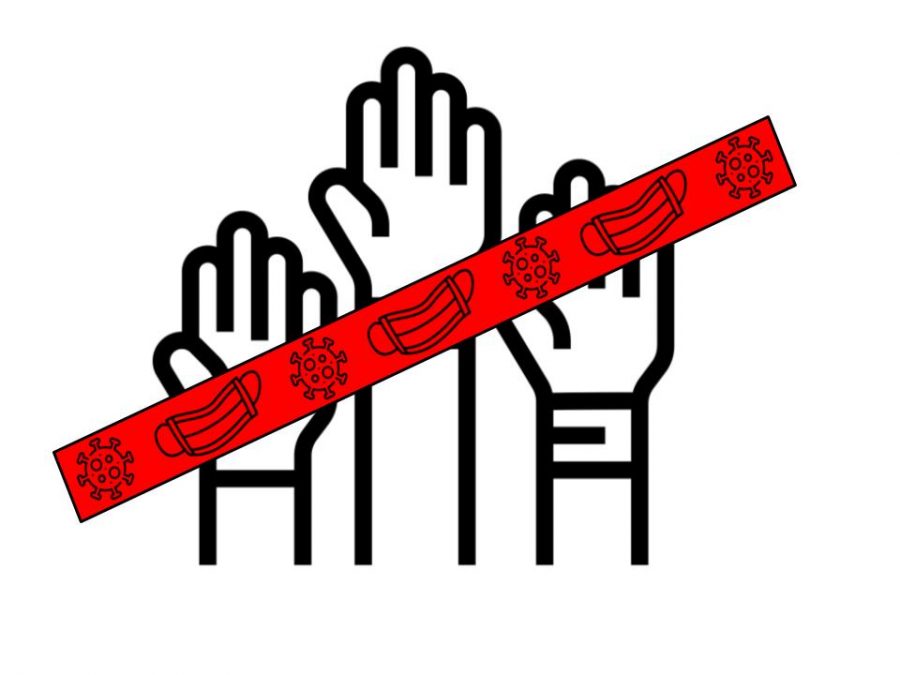
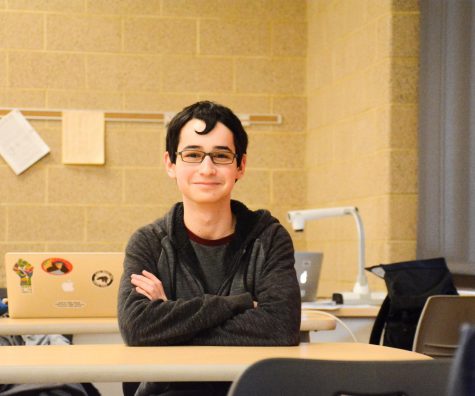
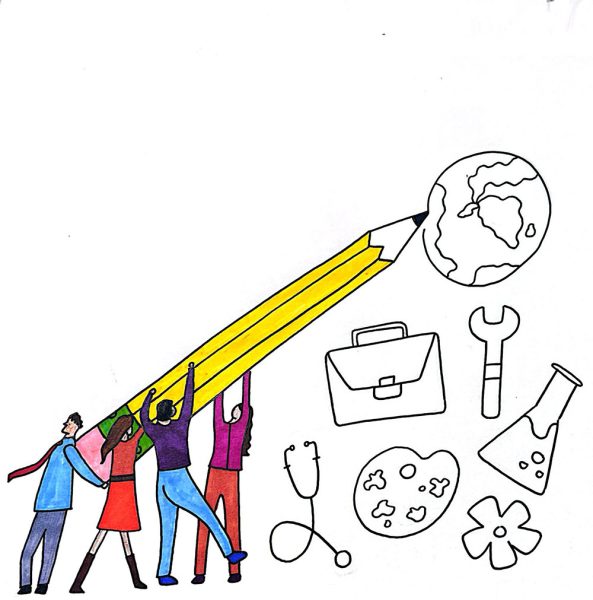
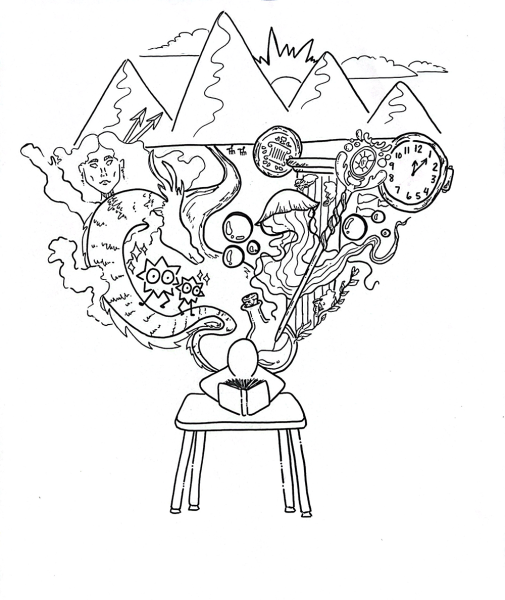
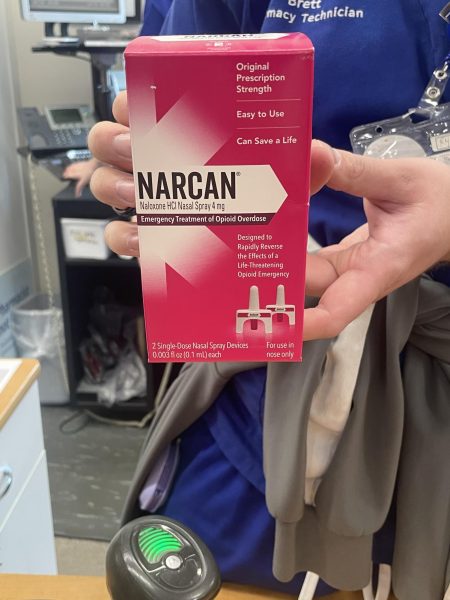
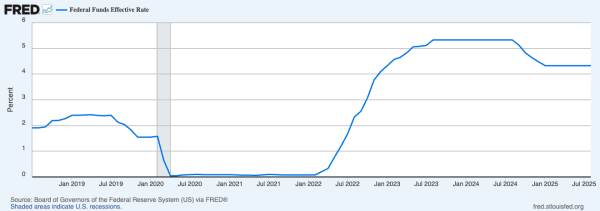

![“My parents have always said that education is important. My parents are Chinese immigrants, I'm Chinese American, [and that's a] value that has always been ingrained in our community,” said Senior Lyndia Zheng, pictured with Tony Zheng](https://bcomber.org/wp-content/uploads/2025/10/DSC_4244-600x400.jpg)

